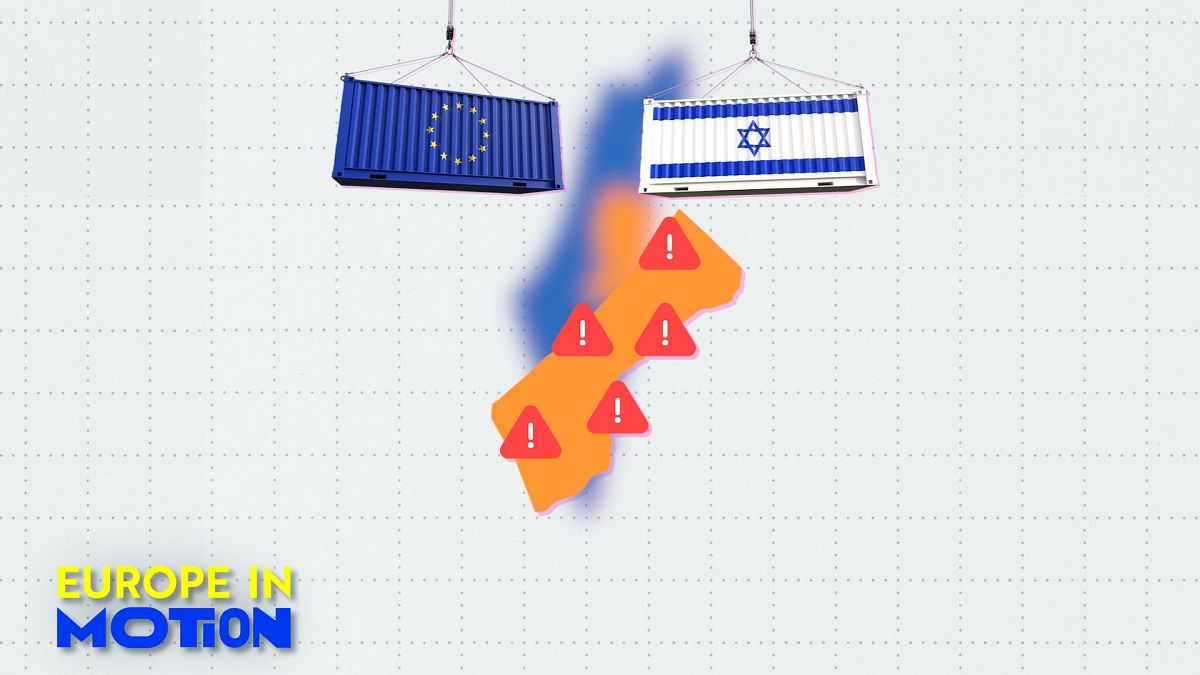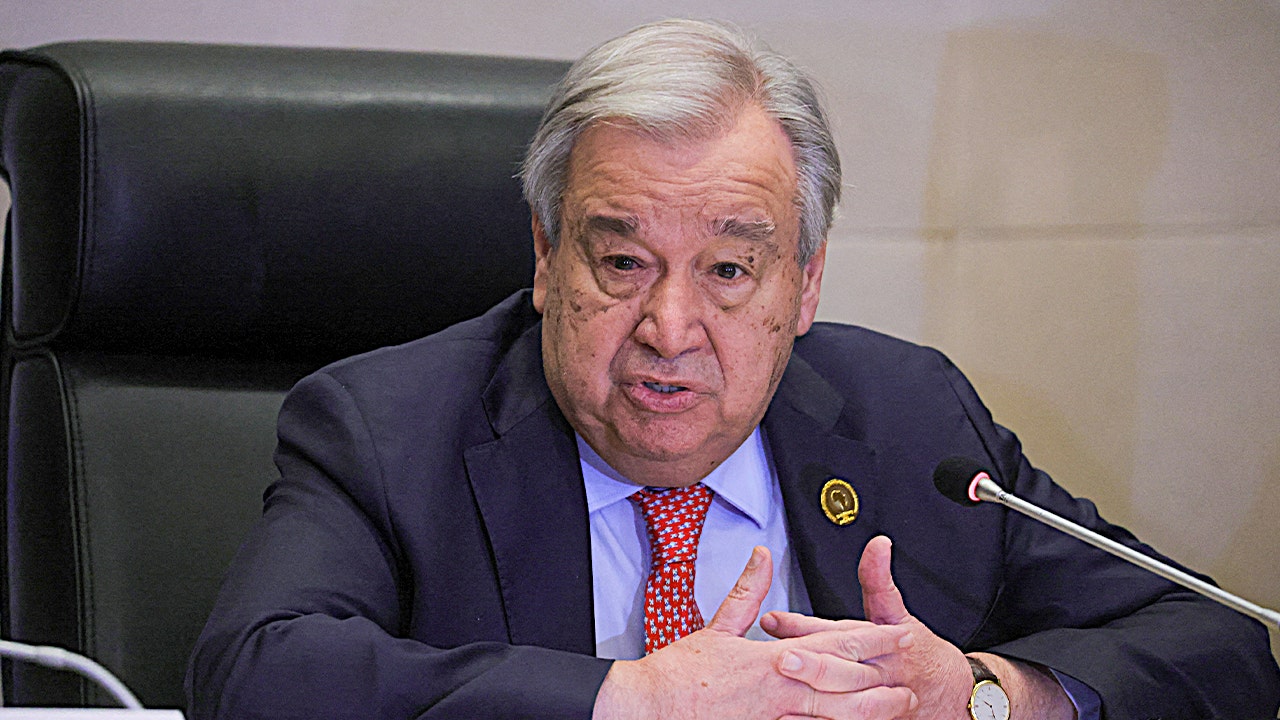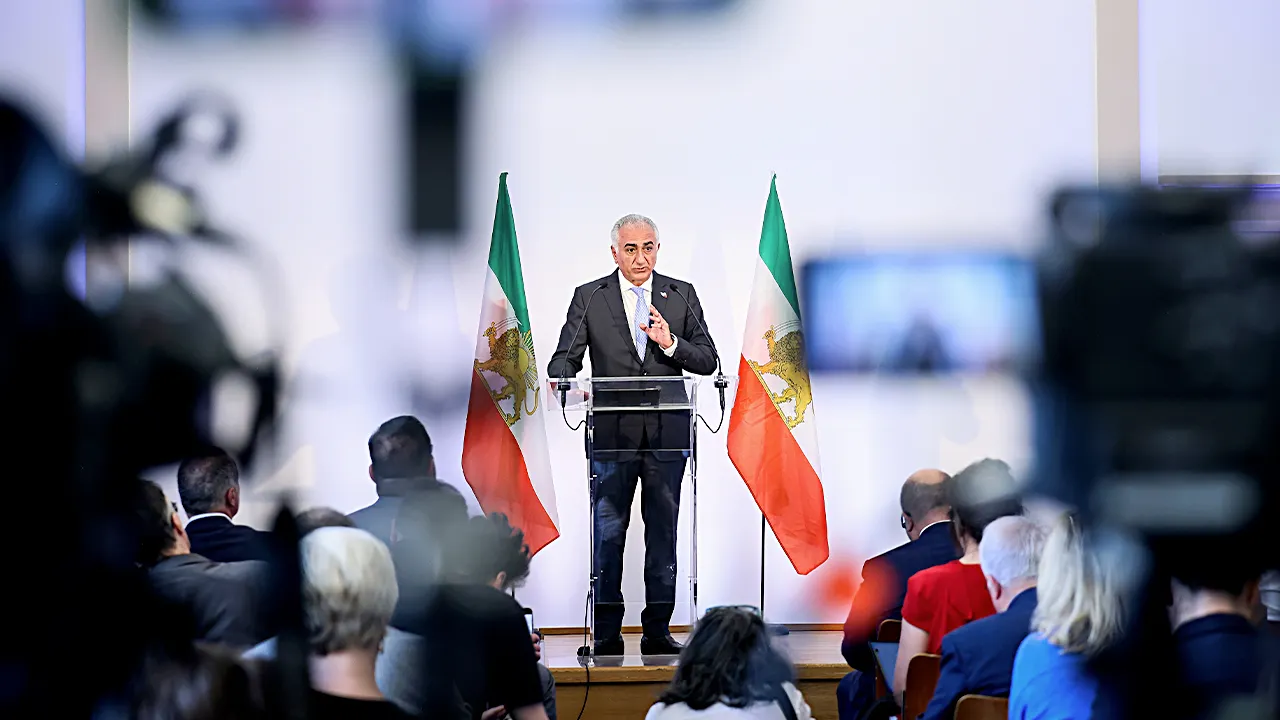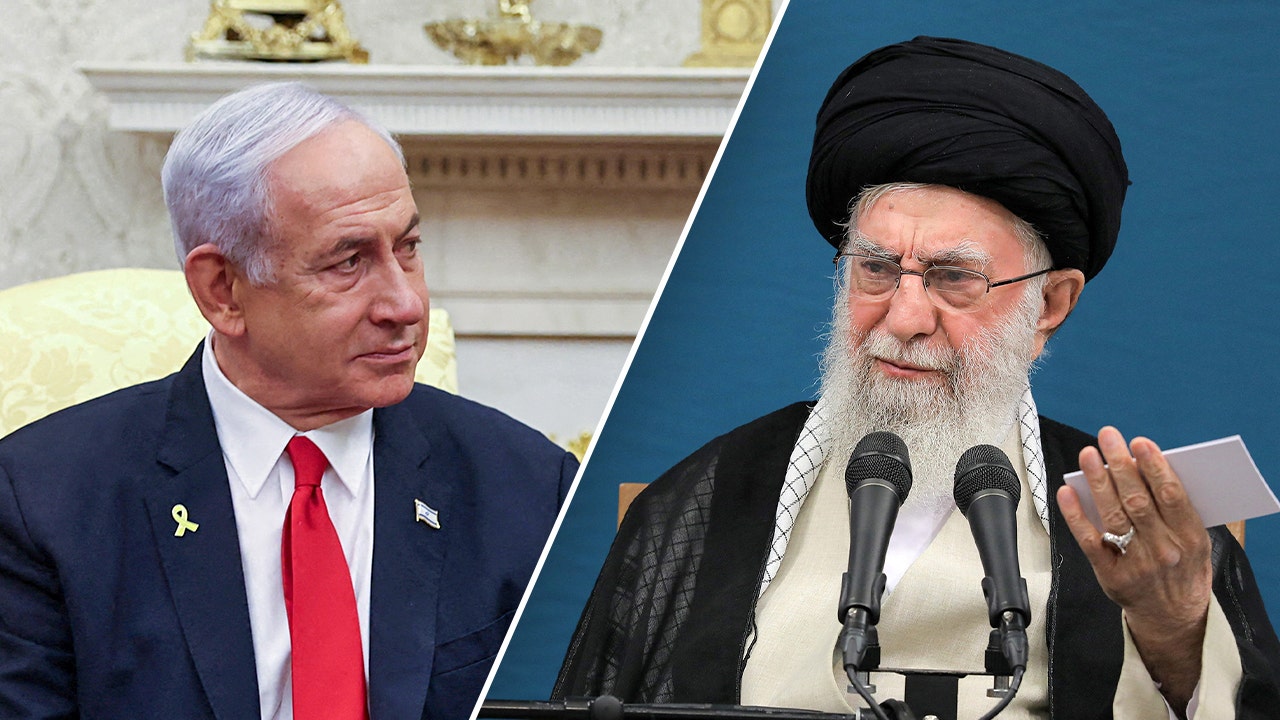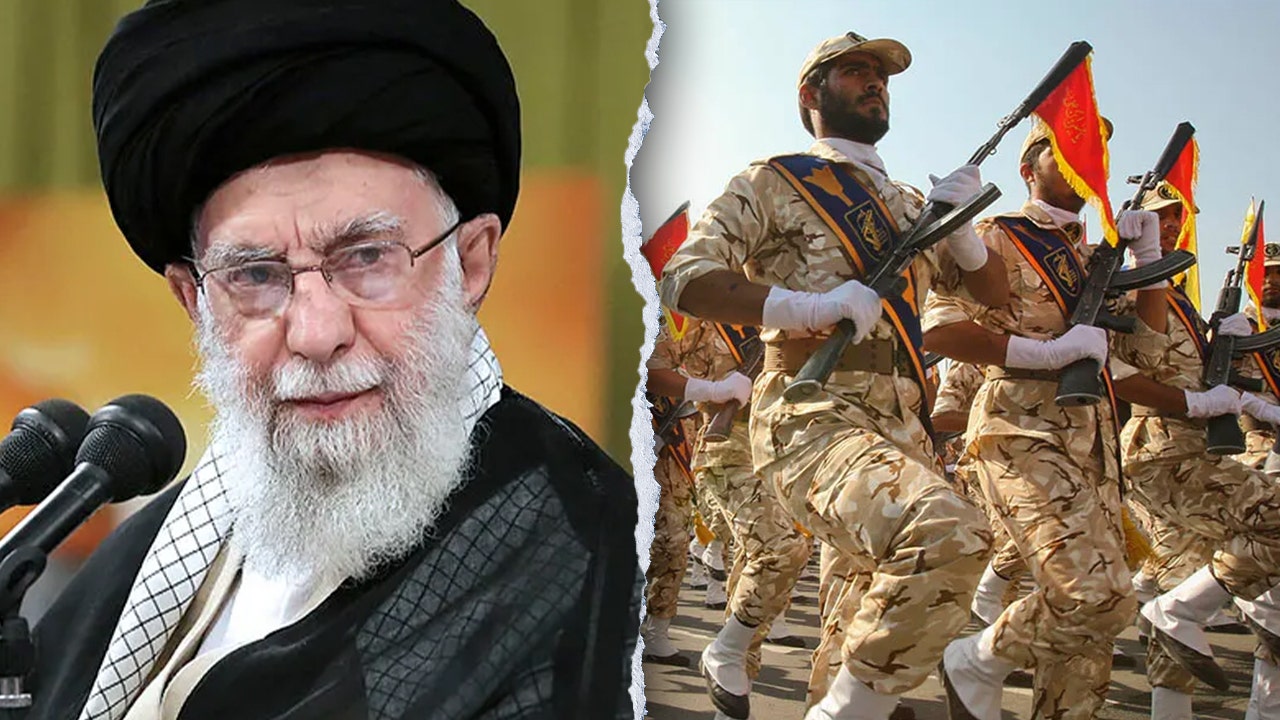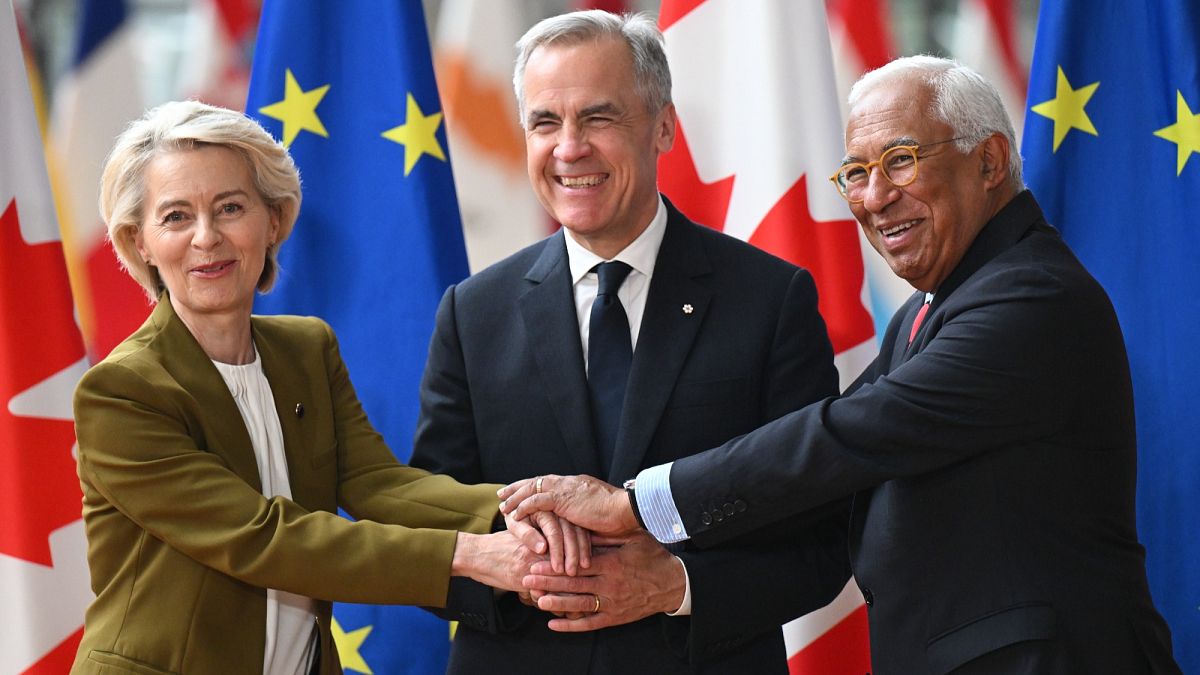An internal review of the EU-Israel Association Agreement last week found “indications” that Israel breached human rights obligations outlined in Article 2 of the agreement over its actions in Gaza, especially with regard to restricting humanitarian assistance.
Israel launched a military campaign in Gaza in response to Hamas’ attacks on its soil on October 7, 2023. The bloc’s foreign ministers are set to meet in July to discuss the review’s outcome.
The Netherlands, together with 16 other EU member states, put in a formal review request with European External Action Service (the diplomatic service of the European Union), citing “Israel’s blockade of humanitarian aid deliveries to the Gaza Strip and the proposed new system for aid distribution as seemingly being incompatible with international humanitarian law and principles.”
Israel has rejected the EU-Israel Association Agreement (EUSR) review, stating the review “should not be taken seriously or used as a basis for any future actions or conversations”.
The trade relationship between the two parties, which now finds itself under increased scrutiny, is significant. The European Union is Israel’s largest trading partner, accounting for approximately 32% of its total trade of goods in 2024, according to Eurostat.
34.2% of Israel’s imports came from the EU for that year, while 28.8% of the country’s exports went to the other way.
Total trade in goods between the EU and Israel in 2024 amounted to €42.6 billion, with the EU exporting €26.7 billion worth of goods to Israel.
The EU’s exports to Israel were dominated by machinery and transport equipment at 43%, followed by chemicals at 18% and other manufactured goods at 11.7%.
On the other hand, Israel is the EU’s 31st largest trading partner, representing almost 0.8% of the EU’s total trade in goods in 2024.
EU imports from Israel were worth €15.9 billion in the same year.
43.9% of it was machinery and transport equipment, while 18% were chemicals, and 12.1% were other manufactured goods.
Israel is the EU’s third-biggest trading partner in the Mediterranean, after Morocco and Algeria.
Can trade be affected by the EU review’s findings?
The bloc’s foreign policy chief, Kaja Kallas, has stated that the EU will “discuss further measures and come back in July” if Israel doesn’t “improve the situation” in Gaza, after reuniting with the EU’s 27 foreign affairs ministers on 23 June.
However, a complete suspension of the agreement appears out of the question due to a lack of unanimity among member states.
Plausible options include the partial suspension of certain provisions related to free trade, research, technology, culture and political dialogue.
Some options will require the unanimous support of all 27 member states, while others will require a qualified majority, meaning at least 55% of countries representing at least 65% of the bloc’s population.
Human-rights defenders have also pushed for the suspension of the EU’s trade relations with Israel.
“Member states in favour of suspending the agreement must use all their diplomatic weight to ensure that opponents of the suspension, including Germany, fully understand the risk of complicity and the cruel toll on Palestinian lives of continued EU inaction,” Amnesty International stated in an open letter on 23 June.
“If the EU fails to live up to these obligations as a bloc, and seeks to shield itself from its clear legal obligations, its member states must unilaterally suspend all forms of cooperation that may contribute to violations of international law.”
Video editor • Mert Can Yilmaz
Read the full article here







